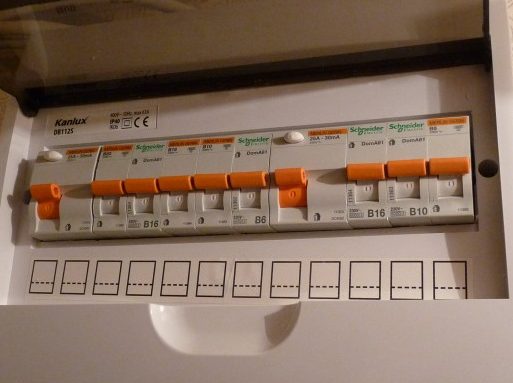Electrical rewiring is not a task that can be taken lightly.
Most old houses require professional electrician services that can rewire your home and provide an electrical safety certificate.
Always remember that rewiring your home isn’t a task you can leave to chance by trying ‘do it yourself’ (DIY). While you may think that you understand the process perfectly after hours of internet research, the entire process of rewiring a property is very complicated and dangerous to those without the required knowledge.
Though it is still good to try your DIY electrical skills at home, understanding some tips and when to call an expert is important. That way, you will be in an excellent position to make sure that the expert you hired can do a great job.
It is crucial, according to experts, to be safety conscious every time you are rewiring your property. In case you are trying DIY rewiring, and you are not careful enough, the chances are that you will do it wrong and probably end up losing the entire property to an electrical fire.
Safety precautions

Here some of the safety tips electricians must pay attention to when rewiring a home.
First, you must ensure that there is no electrical power in and around the work area. This will prevent any instances of electrical shocks or even burns when working on the electrical wires.
Many professionals will wear safety gloves to help protect their hands from any electrical injuries – you can click to read about one such type of glove, if this is something you are interested in understanding more about. These sorts of things can make a real difference when working with highly hazardous materials.
While, you can shut off the power, but it is always recommended to test and be sure that there is no current running through the wires you are working on.
Checking the amp rating is important. This is the maximum amount of electrical current that specific wires can handle. In most cases, the standard circuits are generally 20 am or 15 amp.
However, the circulatory for most appliances is double this value if not more. As an electrical expert, you should ensure that the circuit has the correct amp rating for the right usage.
Don’t ignore the connections. In case the connections between various conductors aren’t tight enough, there is a possibility of a fire hazard. Ensuring tight connections between the metal contacts and wires of your outlets will minimise the risk of a fire hazard.
Remember, loose connections can let electric power arch between various contract points, creating high heat that is hazardous.
The electrician should use the household’s grounding system. This is important to ensure the protection of the home’s electrical system. Generally, grounded wires offer the safest outlet for all forms of stray current or even faults in the wiring.
With the right polarisation, the electric current will traverse from its source to neutral wiring. This isn’t a task any inexperienced person can handle, a reason it should be handled by a professional.
Keep in mind that each connection must be correctly housed in the right electrical box. That way, you can be sure that the connection is highly protected and the homeowner and other people living in the property are not exposed to any danger.
Why hire an electrician?
Here are the reasons you should hire an experienced and licensed expert to handle electrical rewiring tasks in your home.
Safety first: DIY electrical might seem like a money-saving strategy. However, your life and the contents of your home have a higher value than what you are likely to pay to an electrician. A licensed expert will also make sure that all necessary safety precautions are taken.
Efficiency: An expert will be more efficient and competent than a DIY enthusiast when it comes to rewiring your home. He or she will ensure that there are no unnecessary complications no matter the age of the wires being worked on.
